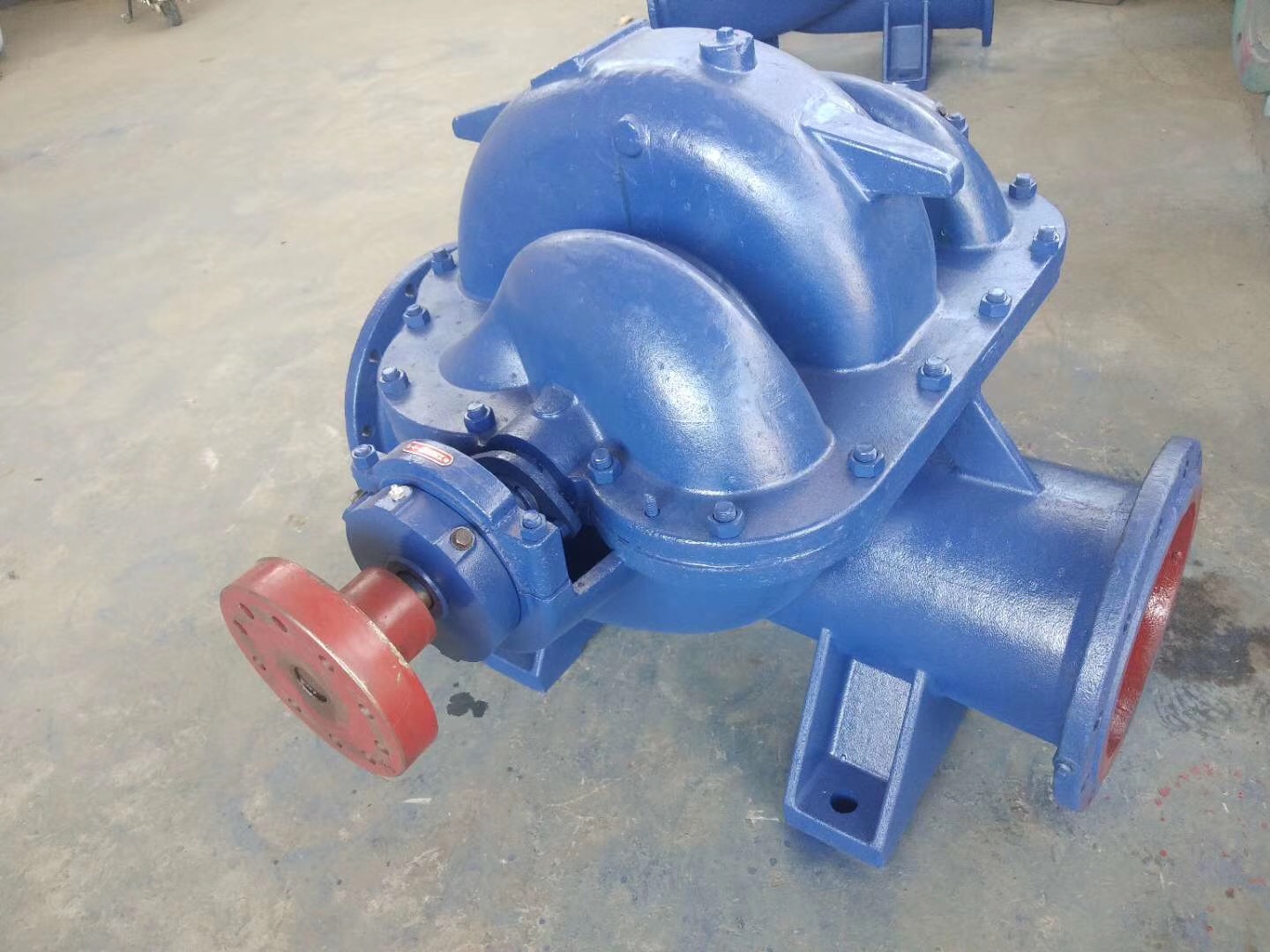Latin
- Afrikaans
- Albanian
- Amharic
- Arabic
- Armenian
- Azerbaijani
- Basque
- Belarusian
- Bengali
- Bosnian
- Bulgarian
- Catalan
- Cebuano
- Corsican
- Croatian
- Czech
- Danish
- Dutch
- English
- Esperanto
- Estonian
- Finnish
- French
- Frisian
- Galician
- Georgian
- German
- Greek
- Gujarati
- Haitian Creole
- hausa
- hawaiian
- Hebrew
- Hindi
- Miao
- Hungarian
- Icelandic
- igbo
- Indonesian
- irish
- Italian
- Japanese
- Javanese
- Kannada
- kazakh
- Khmer
- Rwandese
- Korean
- Kurdish
- Kyrgyz
- Lao
- Latin
- Latvian
- Lithuanian
- Luxembourgish
- Macedonian
- Malgashi
- Malay
- Malayalam
- Maltese
- Maori
- Marathi
- Mongolian
- Myanmar
- Nepali
- Norwegian
- Norwegian
- Occitan
- Pashto
- Persian
- Polish
- Portuguese
- Punjabi
- Romanian
- Russian
- Samoan
- Scottish Gaelic
- Serbian
- Sesotho
- Shona
- Sindhi
- Sinhala
- Slovak
- Slovenian
- Somali
- Spanish
- Sundanese
- Swahili
- Swedish
- Tagalog
- Tajik
- Tamil
- Tatar
- Telugu
- Thai
- Turkish
- Turkmen
- Ukrainian
- Urdu
- Uighur
- Uzbek
- Vietnamese
- Welsh
- Bantu
- Yiddish
- Yoruba
- Zulu
Telephone: +86 13120555503
Email: frank@cypump.com
Aug . 07, 2024 04:25 Back to list
Exploring the Benefits and Applications of Commercial Submersible Water Pumps in Various Industries
The Importance of Commercial Submersible Water Pumps in Modern Applications
In today’s industrial landscape, the demand for efficient water management systems has never been higher. One of the key components contributing to effective water control is the commercial submersible water pump. Known for their efficiency and versatility, these pumps play a vital role across various sectors, from construction and agriculture to municipal water systems and wastewater management.
What is a Submersible Water Pump?
A submersible water pump is designed to be completely submerged in the fluid it is pumping. Unlike conventional water pumps that work above the water surface, submersible pumps are engineered to push water to the surface through a series of stages. Encased in a waterproof housing, the motor is sealed to prevent any water ingress, thus ensuring longevity and durability. This design not only allows for efficient pumping at greater depths but also minimizes the risk of cavitation, a phenomenon that can occur with above-ground pumps, leading to damage and reduced performance.
Key Applications
1. Construction Sites In construction, managing water is critical. Excess groundwater can lead to delays and increased costs. Submersible pumps are used to dewater sites quickly, ensuring that foundations are laid in dry conditions. Their ability to operate efficiently in muddy or flooded environments makes them indispensable for construction managers.
2. Agriculture In agriculture, submersible pumps are widely used for irrigation purposes. Farmers rely on these pumps to draw water from wells, rivers, and ponds to irrigate crops. Their efficiency in extracting groundwater helps in sustaining agricultural activities even in drought-prone areas, enabling higher yields and food security.
commercial submersible water pump

3. Wastewater Management Municipalities utilize submersible pumps in wastewater treatment plants. These pumps are effective in transferring sewage and other non-potable water systematically, allowing for proper treatment before discharge or reuse. Their robust design can handle solids and debris, making them suitable for this demanding application.
4. Mining and Industrial Use In mining, submersible pumps are often employed to manage water in pits and quarries. They assist in keeping operational areas dry and safe, preventing flooding and ensuring that work can continue uninterrupted.
Advantages of Submersible Pumps
One of the primary benefits of submersible water pumps is their efficiency. Being submerged, they do not require priming and can handle various water levels, which translates to time and energy savings. Additionally, their compact design allows for easy transportation and installation in locations where space may be limited.
Furthermore, submersible pumps tend to produce less noise compared to surface pumps, which is particularly important in residential areas or noise-sensitive environments. Their sealed systems also protect the pump from external contaminants, offering a longer operational life.
Conclusion
As industries continue to evolve, the need for reliable and effective water management systems becomes increasingly vital. Commercial submersible water pumps have established themselves as essential tools in this context, ensuring that water is managed efficiently across various applications. Their versatility, efficiency, and durability position them as a critical component in addressing modern water challenges, making them an invaluable investment for businesses and municipal agencies alike. Whether in construction, agriculture, wastewater management, or industrial applications, the importance of these pumps can hardly be overstated, and their contributions will undoubtedly play a significant role in sustainable resource management moving forward.
-
Heavy-Duty Mining Sludge Pumps - Wear-Resistant Slurry Handling
NewsAug.02,2025
-
Horizontal Split Case Pump with GPT-4 Turbo | High Efficiency
NewsAug.01,2025
-
ISG Series Pipeline Pump - Chi Yuan Pumps | High Efficiency, Durable Design
NewsAug.01,2025
-
Advanced Flue Gas Desulfurization Pump with GPT-4 Turbo | Durable & Efficient
NewsJul.31,2025
-
ISG Series Vertical Pipeline Pump - Chi Yuan Pumps | Advanced Hydraulic Design&Durable Construction
NewsJul.31,2025
-
ISG Series Vertical Pipeline Pump - Chi Yuan Pumps | Energy Efficient & Low Noise
NewsJul.31,2025










